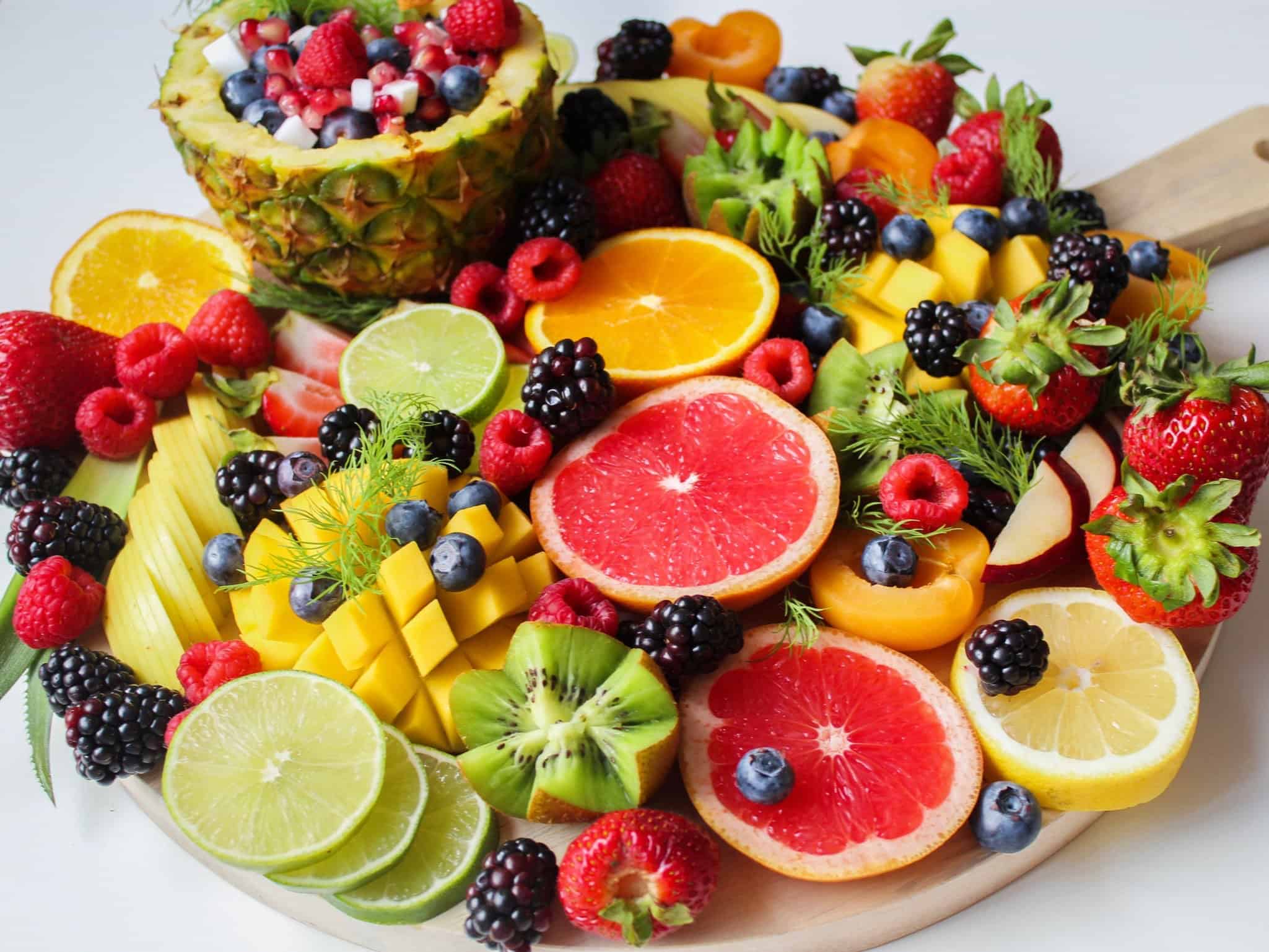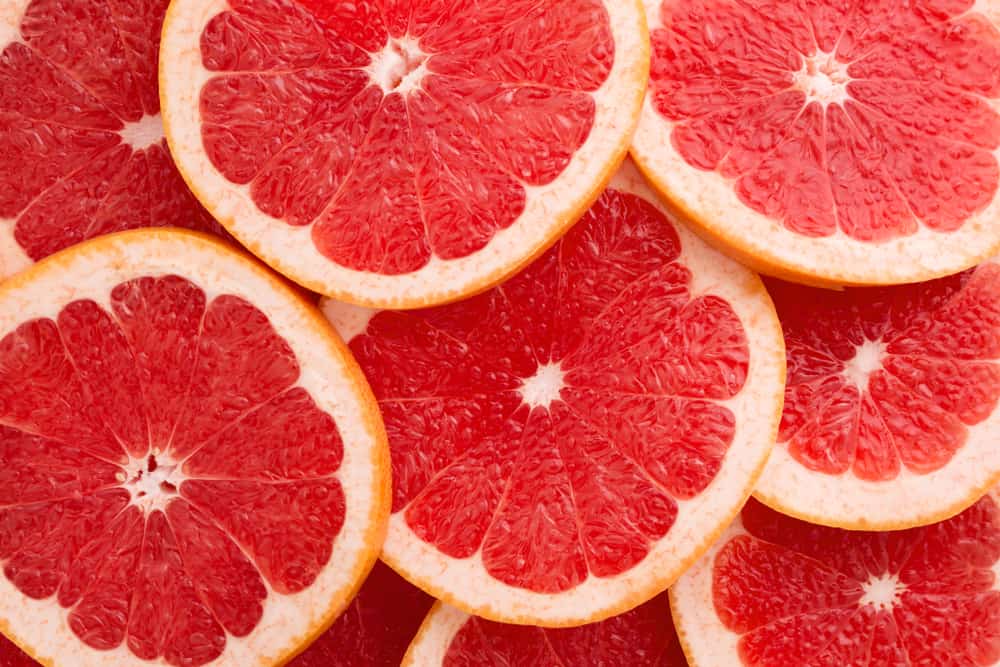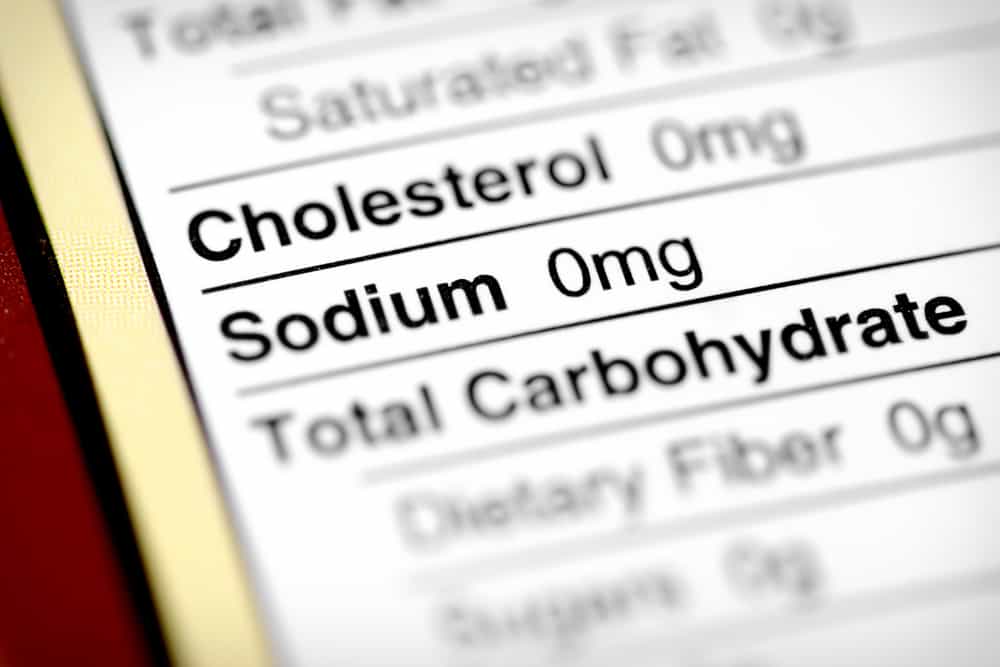The Myth
Since fruit is high in sugar, it’s best to limit your intake or avoid it completely.
The Background
This myth likely originated from the fact that fruit is higher in sugar than most other whole food groups–vegetables, whole grains, proteins, fibers, and fats. As sugar earned a bad rap over the years for its contributions to weight gain and other chronic health conditions, fruit subsequently began to carry some of the blame. Since sugar is bad, and since fruit contains sugar, this must mean that fruit is also bad… right? Well, it’s not exactly that simple. Let’s take a look at the cold hard facts and bust this myth for good…
The Facts
As demonized as sugar has been over the years, it’s true that we’d actually have a really tough time living completely without it. What exactly is sugar anyway? Sugar is basically another word used to describe carbohydrates. And carbohydrates are the body and the brain’s primary source of fuel and energy throughout the day. Without energy from carbohydrates (sugars), the body begins to burn fat for energy, which eventually leads to a state of ketosis.
So when it comes to the question of whether or not sugar is good or bad for us, it’s not a simple yes or no answer. You’ve really got to look at the whole picture and consider things like the type of sugar in question, how much of it you’re having, and how often.
For example, there’s a pretty big difference between the simple sugars found in fruits and the refined table sugar used in items like desserts, baked goods, and sugar-sweetened beverages. Foods that contain a lot of refined table sugar are usually highly processed, low in other nutrients, and extremely calorie dense. Whereas fruit is low in calories, packed with tons of vitamins, minerals, and antioxidants, and it contains lots of fiber which helps aid digestion and regulate blood glucose levels.
When it comes to weight loss specifically, the biggest hold up with sugar is that it’s typically high in calories. So let’s compare…
- 1 cup of grapes contains about 60 calories and 15 grams of natural sugars
- 1 12-oz can of Coke contains about 140 calories and 40 grams of added sugars
The soda contains more than twice as many calories as the grapes and almost three times as much sugar! Plus, when it comes to added sugars specifically, the American Heart Association recommends having no more than 26 grams of added sugar per day for women and no more than 37.5 grams per day for men. One serving of Coke will easily set you above those recommendations. There’s no current recommendation for limiting natural sugars such as those found in fruits.
The Bottom Line
To sum things up, if you’ve decided that you want to try to avoid sugar, you’ll get a lot more bang for your buck if you work on reducing your intake of added sugars and processed foods.
However, I do want to be clear that fruit does indeed contain natural sugars, and too much of anything can be a bad thing–especially for groups of people that are easily susceptible to the side effects of sugar like children and individuals managing diabetes. So if you’re wanting to really tackle your overall sugar intake and reduce both added and natural sugars, consider these tips:
- Choose fresh fruits over dried (dried contain more sugar per serving).
- Avoid fruits that have been canned in fruit juice, syrup, or with added sugars.
- Use moderation with fresh oranges, bananas, mangoes, grapes, figs, and dates (these fresh fruits in particular contain more natural sugars per serving than other fresh fruits).





